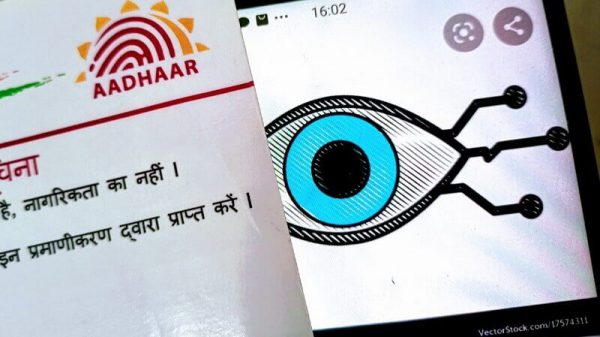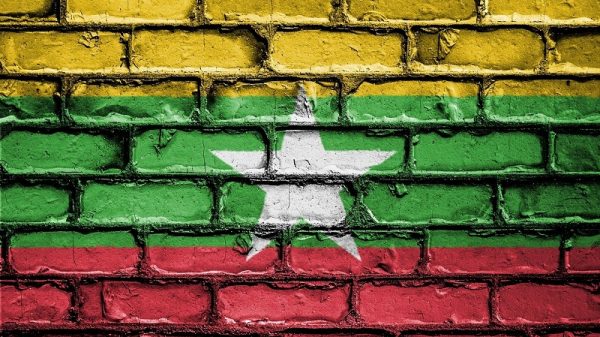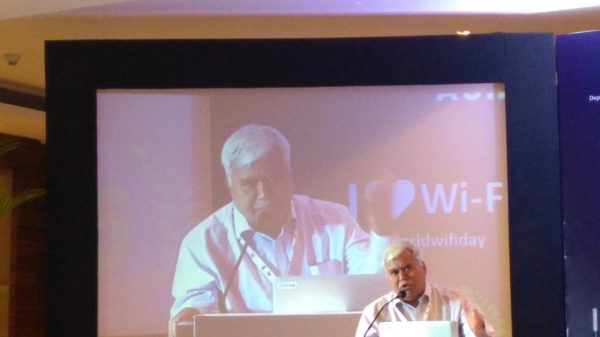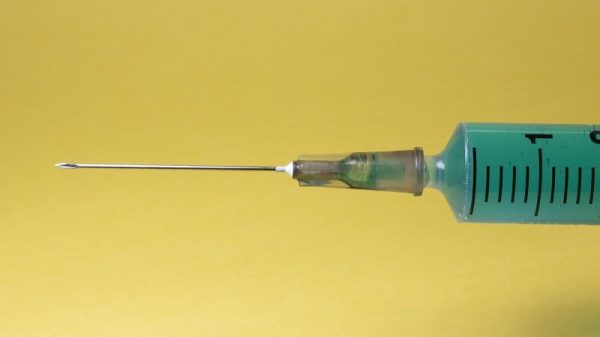The Health Ministry has told states and union territories to use Aadhaar identify and track beneficiaries of the COVID-19 vaccine. In a review meeting with state health secretaries and other senior officials, Union Health Secretary Rajesh Bhushan said that there is a need to create “Immutable Vaccination Event Records (IVER)” to track possible adverse events after administering the vaccine, and Aadhaar was the “most reliable authentication” mechanism to identify beneficiaries.
“Since use of Aadhar for verification provides a most reliable authentication of beneficiaries, Aadhar based authentication must be the preferred mode of verification of beneficiaries prior to the vaccination.” — Rajesh Bhushan, Health Secretary
Bhushan’s directions to states come even as the government continues to claim that Aadhaar is not mandatory for vaccine beneficiaries. RS Sharma, chair of the Empowered Group on Technology and Data Management to combat COVID-19, had earlier told Business Line that while Aadhaar — by being a “clean database of people” — was helpful in weeding fraudulent beneficiaries, it is not compulsory.
‘CoWIN glitches sorted’: Bhushan, meanwhile, claimed that all technical glitches on the CoWIN app, the backbone of the countrywide vaccination drive, have been resolved. He told officials that the CoWIN software interface provides for authentication of beneficiaries through Aadhaar, and urged them ensure that vaccinators are “sensitized to do proper authentication of beneficiaries”. Compliance of authentication is to be monitored at the district and state level by respective task forces.
It is important to note that the government doesn’t seem to have a plan for vaccinating people who don’t have Aadhaar. According to data provided by the Ministry of Electronics and Information Technology (MEITY) to the Parliament in August 2020, around 11% of the population don’t have the identification document. This is a significant number in a country of over 130 crore people. So far, more than 37 lakh beneficiaries have been vaccinated across the country.
However, Sharma, in his interview with Business Line downplayed this issue by claiming that “[t]he number of people who don’t have Aadhaar is small”. The current vaccination drive only pertains to frontline workers, and the general public cannot yet register, he said. “[W]e will cross that bridge when we come to it, but we have to devise ways in which they will register,” he said. Sharma had earlier said that Aadhaar would help weed out proxy beneficiaries. The CoWIN app ecosystem is designed with a heavy dependence on Aadhaar as well.
In a separate part of the interview, Sharma indicated that the general public would be able to enroll themselves on the CoWIN app using any digital authentication mechanism using Aadhaar — biometric (face and fingerprint), electronic KYC using OTP. He said people could have the option to authenticate themselves offline “in case you don’t have digital identify matching your face and other details”.
Also read:
- Govt’s Vaccine Management System CoWIN Will Use Aadhaar For Authenticating, Tracking Beneficiaries
- MEITY Has No Information On Who Developed CoWIN App: RTI Reply
- COVID-19 Vaccine Rollout: Govt Tells States, UTs To Use Aadhaar To Weed Out Proxies
- Health Ministry Permits ‘Voluntary’ Aadhaar Authentication For Creation Of Unique Health ID
- Digital Health ID Will Be Used For COVID-19 Immunisation: PM Modi
- Nandan Nilekani Wants Aadhaar-Based System To Roll Out Covid-19 Vaccinations




















